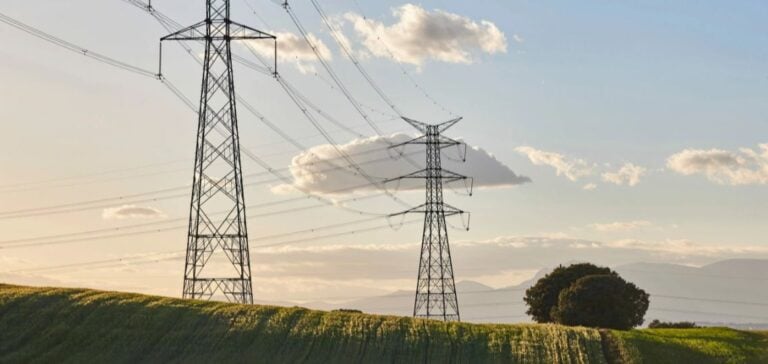German authorities have concluded that no market manipulation occurred during the sharp wholesale electricity price increases observed at the end of 2024, despite initial suspicions targeting the country’s major energy groups. The investigation focused on so-called “Dunkelflaute” periods, marked by a simultaneous lack of wind and sunlight, which significantly reduced renewable power generation.
The episodes in early November and mid-December caused wholesale prices to soar above €300/MWh ($349.86/MWh), compared to a yearly average of €79/MWh. This price spike had reignited concerns about supply security, following the shutdown of Germany’s last nuclear power stations in 2023.
Full utilisation of available generation capacity
President of the Federal Cartel Office, Andreas Mundt, stated that the five largest electricity generation companies had used nearly all their available capacity during these events. No evidence of intentional withholding of generation was found, according to the competition authority.
The Federal Network Agency (Bundesnetzagentur), which conducted the investigation jointly with the cartel office, confirmed these findings. Its president, Klaus Müller, noted that some aspects remain under review. He added that the 2024 events highlighted the need to strengthen reliable generation capacity in the country.
Plans for a revised generation scheme
The federal government is preparing to launch auctions for new gas-fired power stations under a mechanism aligned with European Union state aid rules. These facilities aim to secure electricity supply during periods of low renewable generation.
Mundt indicated that the upcoming auctions should help distribute thermal capacity more evenly, as it remains concentrated among a limited number of actors. According to him, this could improve market competition. Müller also stressed the need to introduce more flexible supply and demand systems.
From January to September 2025, renewable energy accounted for 57% of Germany’s electricity mix, according to industry data.






















